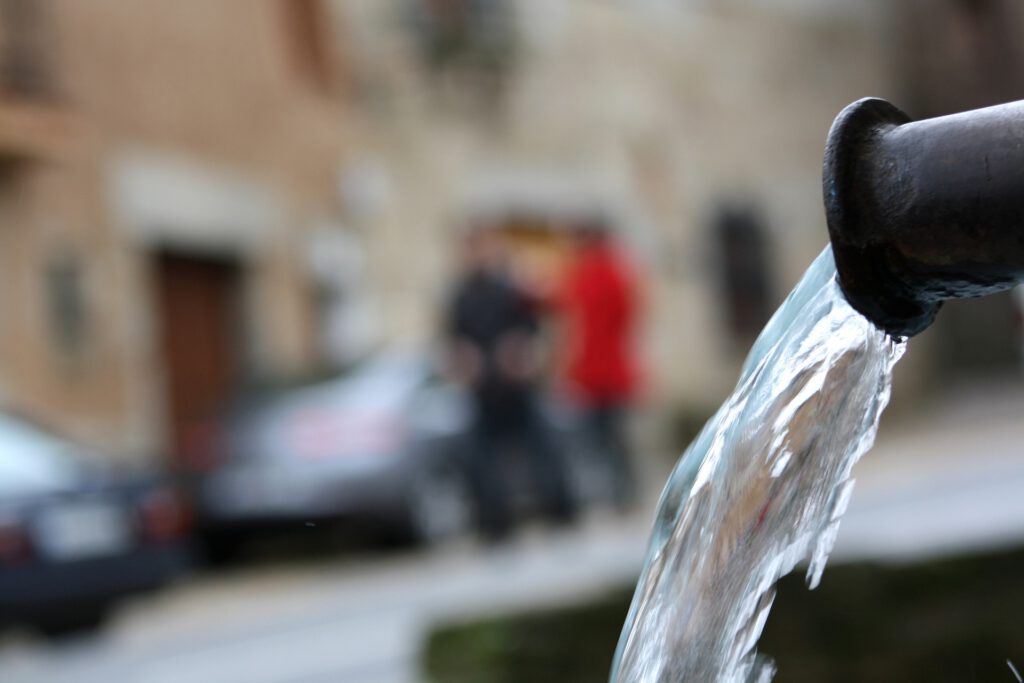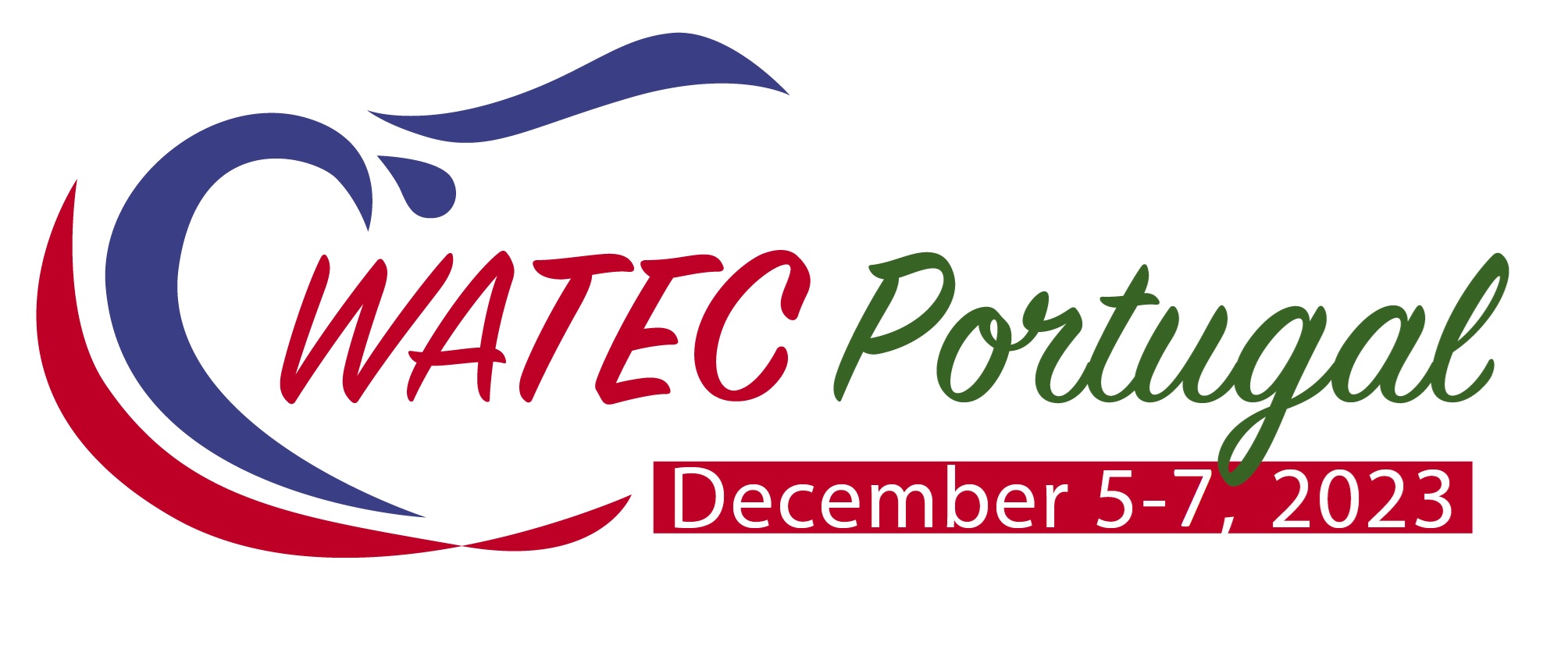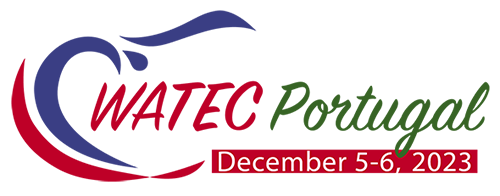Conference Program

Water Reuse is the key to creating a resilient agricultural sector and gaining public acceptance! It is a revolutionary concept that promises to bring sustainability to the agricultural industry and provide a reliable source of water for the public, increasing the circular economy. By reusing and recycling water, we can reduce the amount of fresh water that needs to be sourced from other sources, allowing us to conserve precious natural resources and protect our environment. With the help of modern technology, water reuse can also help to reduce water-related diseases, increase food production and improve the quality of life for all. Let’s join forces and make Water Reuse a reality, unlocking a future of resilience and public acceptance!
Towards zero pollution, the future of water security and the health of our environment depend on our ability to monitor and treat emergent contaminants. With new sources of pollution and changes to our water systems, it is essential that we stay ahead of the potential risks. From emerging chemicals to climate change, advanced monitoring and treatment strategies can help us protect our water resources and prevent contamination from entering our water systems. Get prepared for the future of water security with cutting-edge monitoring and treatment solutions. Stay on the forefront of water security and ensure a safe, healthy environment for generations to come.
As cities and industries continue to expand, the need for reliable, clean water sources is becoming increasingly essential. Fortunately, innovative new technologies are making it possible to unlock previously untapped water sources, leading to increased synergies between urban areas and industry. By taking advantage of these new water sources, cities and industries can create a more sustainable and reliable water supply, while also reducing the impact on the environment. With these exciting advancements, the future of water is looking brighter than ever!
The availability of clean and safe drinking water is a challenge for many communities worldwide. At the catchment level, local groups are working hard to ensure that water resources are protected and managed sustainably and at a broader level further measures are needed to ensure the quality of freshwater sources. This involves various activities, such as catchment management, water conservation, and watershed planning. But, to provide safe drinking water for all the communities, a risk assessment at catchment level becomes essential to protect the freshwater sources. Therefore, not only the local groups daily face complex challenges in providing safe drinking water for their communities, but also countries face demanding challenges due to increasing pressures over the water sources. Beyond pollution, these challenges can be daunting, from extreme weather events to increasing demands for water. But with the right strategies and resources, safe drinking water for all can be a reality. Join us as we explore the challenges of drinking water at the catchment level and how we can work together to make a difference.
Despite the challenges, such as the increasing water scarcity due to climate change, desalination provides immense opportunities for communities with limited access to clean water. It offers a reliable source of fresh water by removing the need for water storage and transportation. It also offers a more sustainable alternative to the current water supply. Though desalination is a complex process, but with the right strategies and technologies, it can be a viable option for many communities in desperate need of clean, safe drinking water. With further advancements in technology, it can provide a more sustainable solution to water shortages and lay the groundwork for a more secure future.
The smart water and wastewater sector is revolutionizing how we manage our water resources. From smart sensors to predictive analytics, innovative technologies are helping to improve water and wastewater management, reduce water pollution and minimize waste. Smart technologies are also helping to optimize water use, reduce energy costs and improve operational efficiency. But, as the sector evolves, so too do its challenges. From aging infrastructure to data security concerns and changing customer expectations, the sector faces various challenges that require new strategies and solutions. With the right approaches, the sector can continue delivering the clean, safe, and reliable water our communities need. Also, the wastewater sector can provide help to face future pandemic situations, through the use of smart tools on wastewater-based epidemiology for public health monitoring.
Smart waste management solutions are revolutionizing the way cities manage their waste, making it quicker, easier, and more efficient than ever before! Utilizing technologies like sensors, cloud computing, and machine learning, cities are able to reduce their waste output while also reducing costs and environmental impact. With these solutions, cities can track the amount and types of waste they generate, monitor when and where it is collected and disposed of, and even optimize their waste collection routes to increase efficiency.

